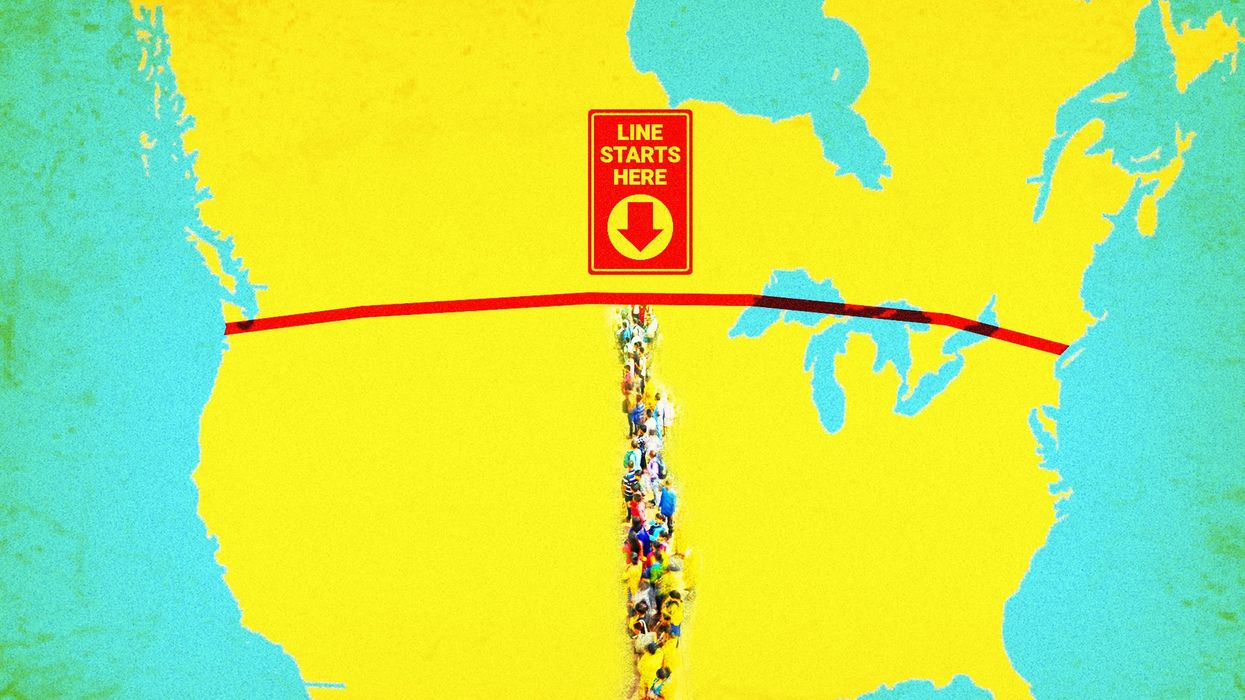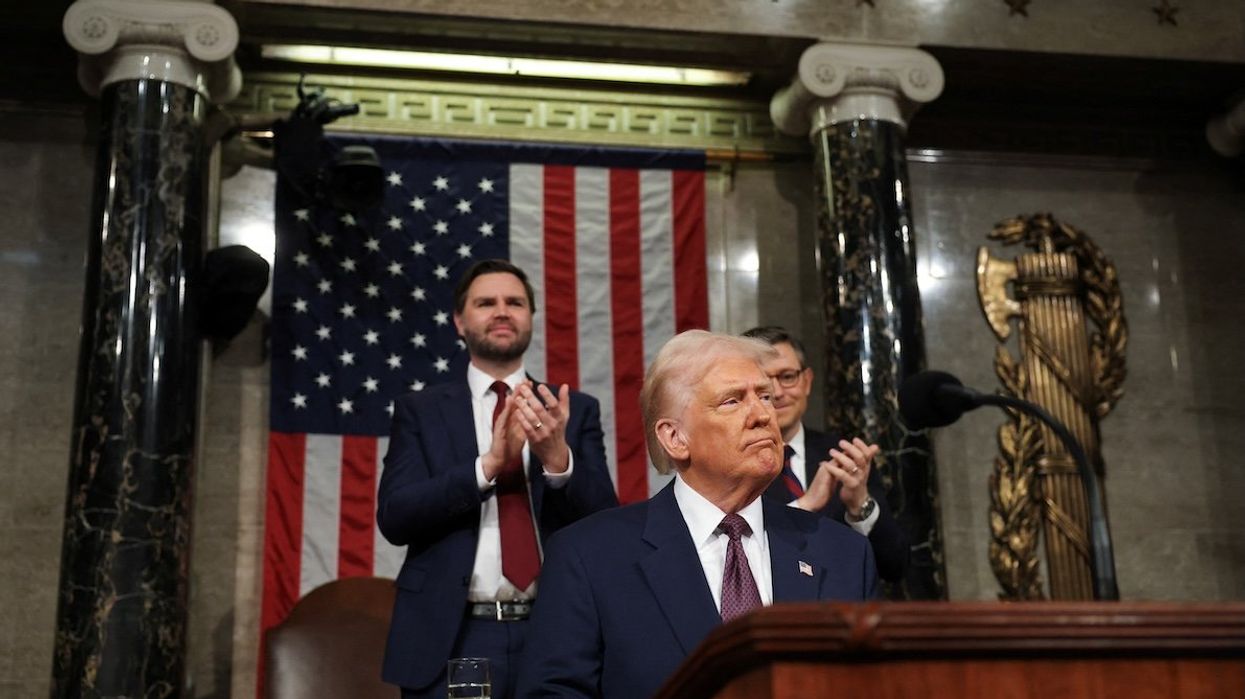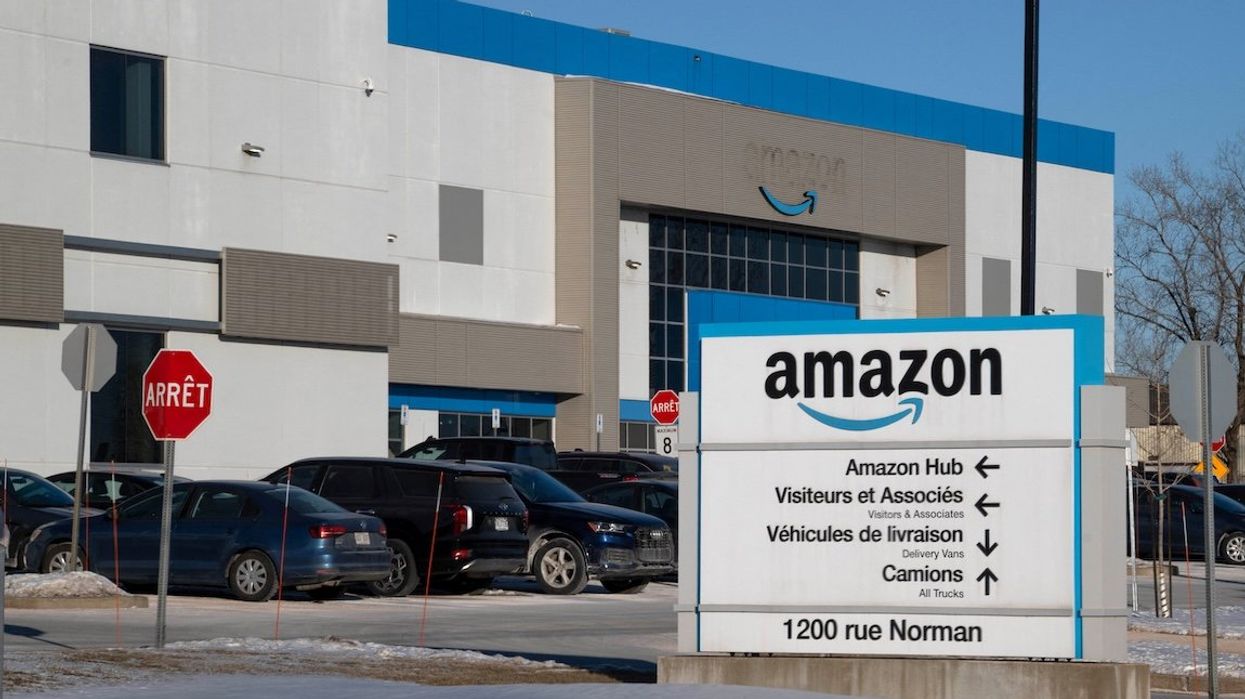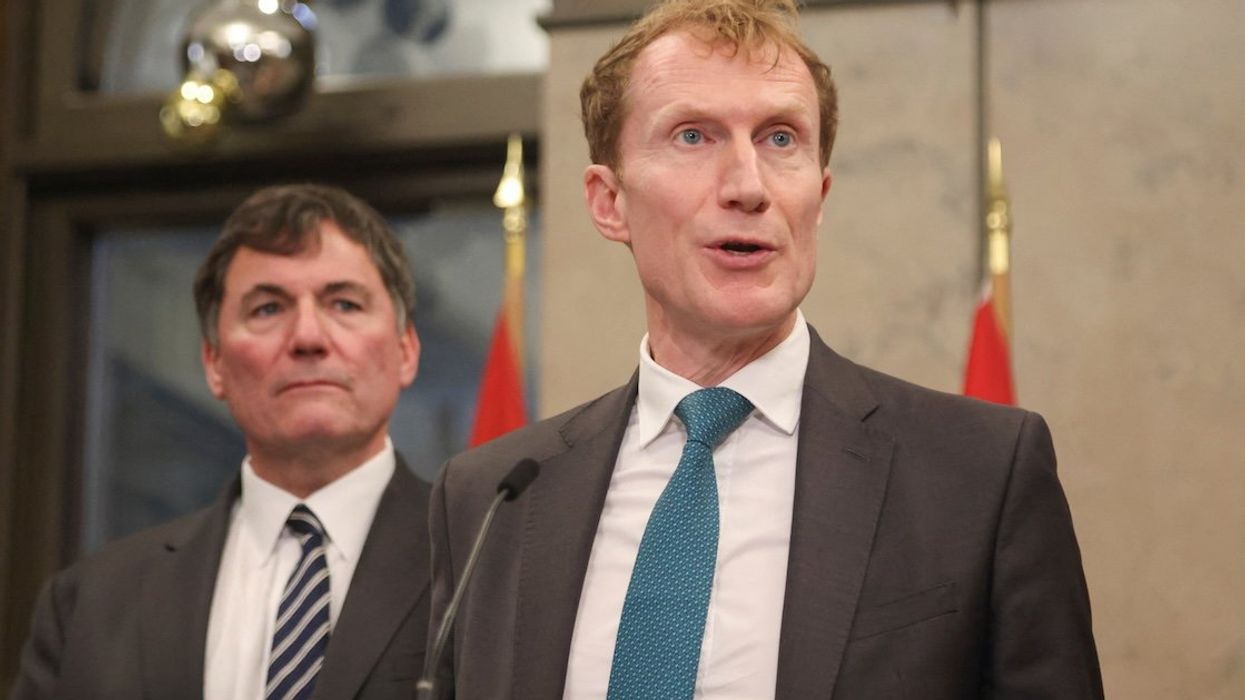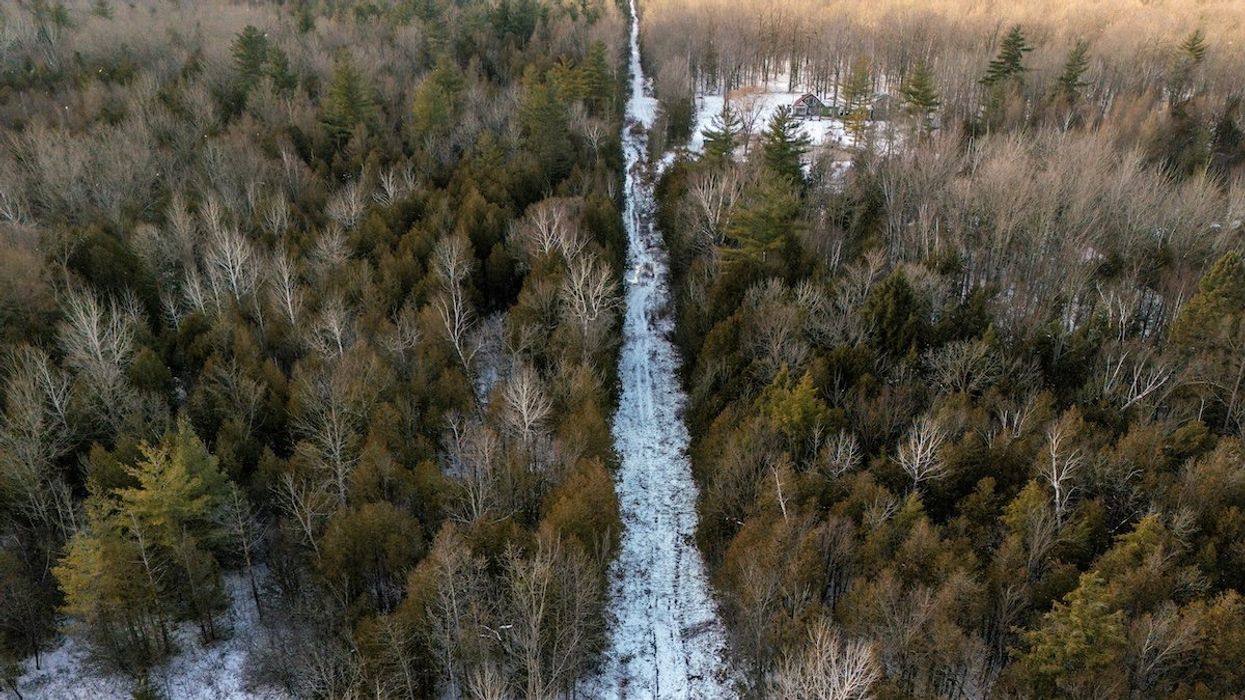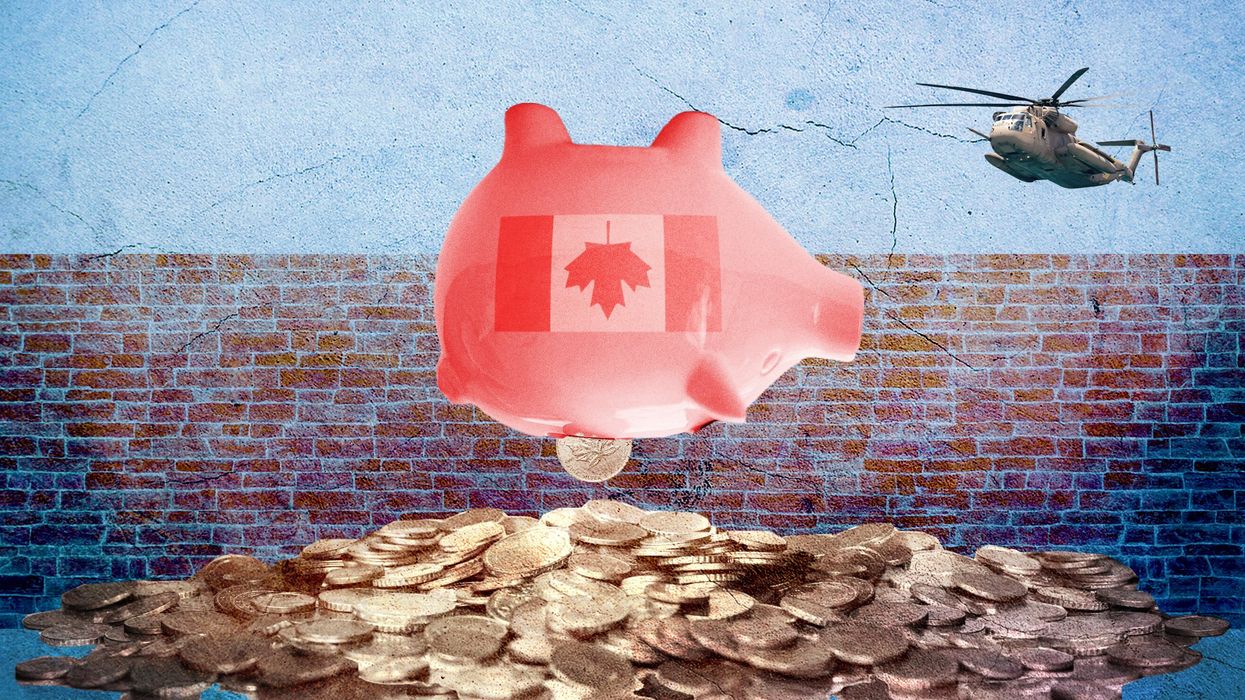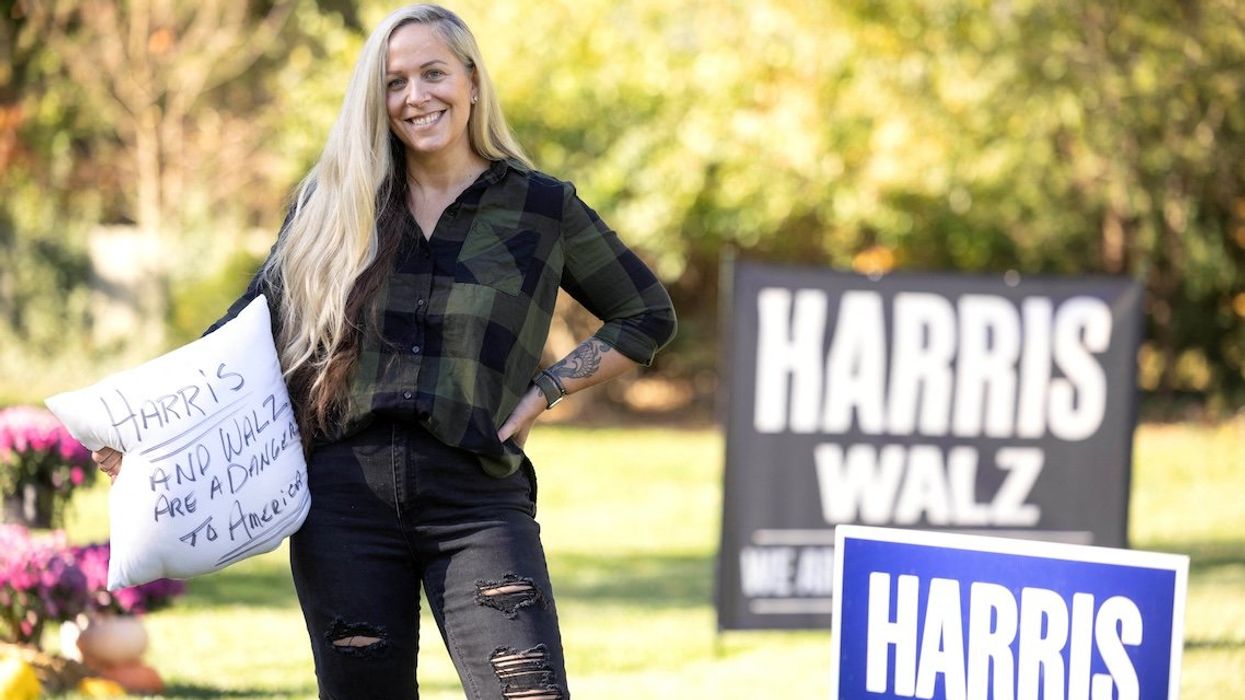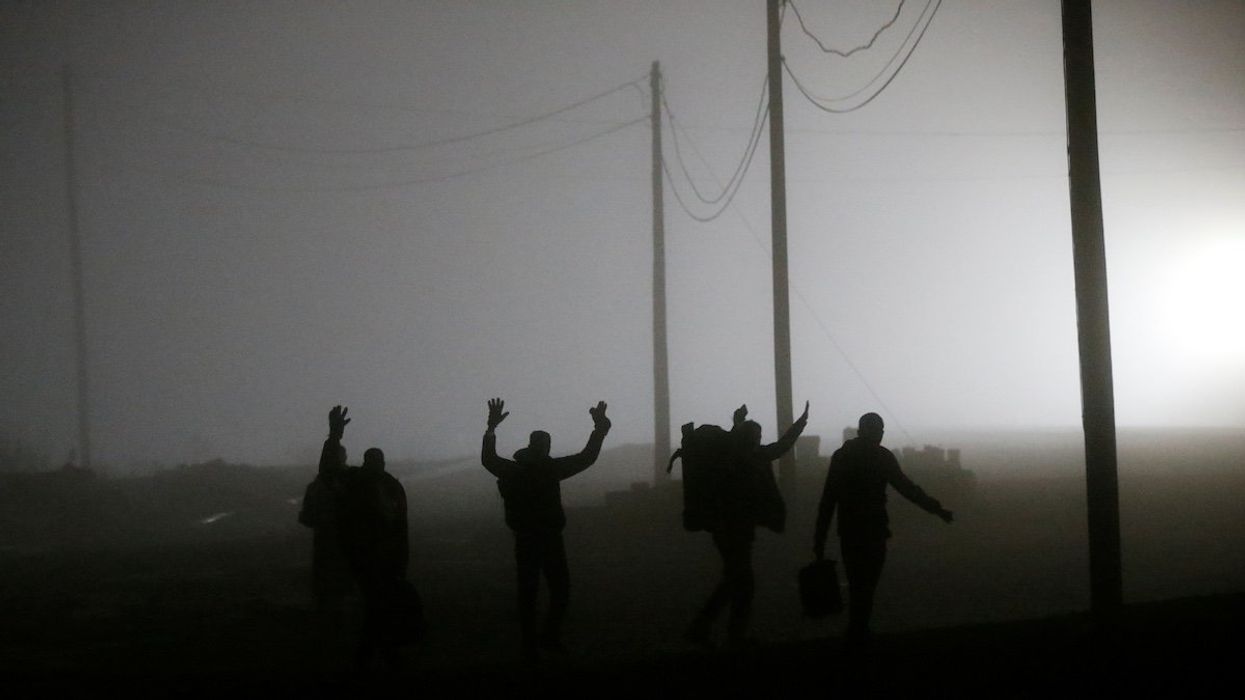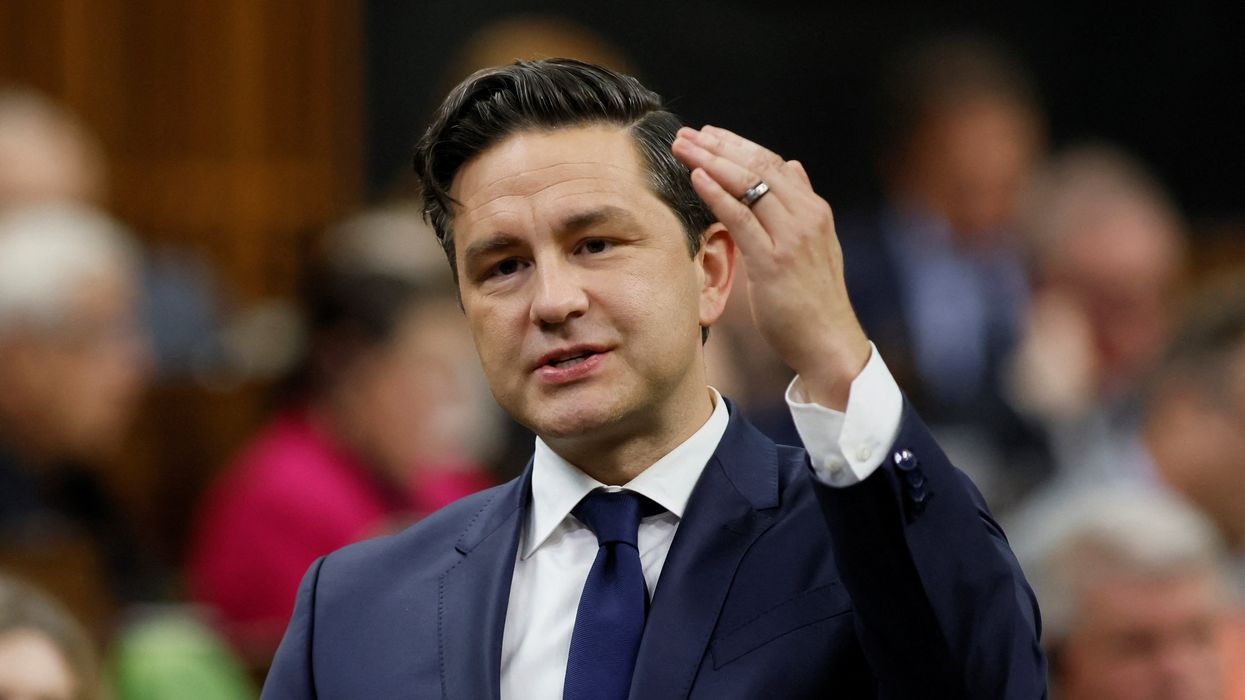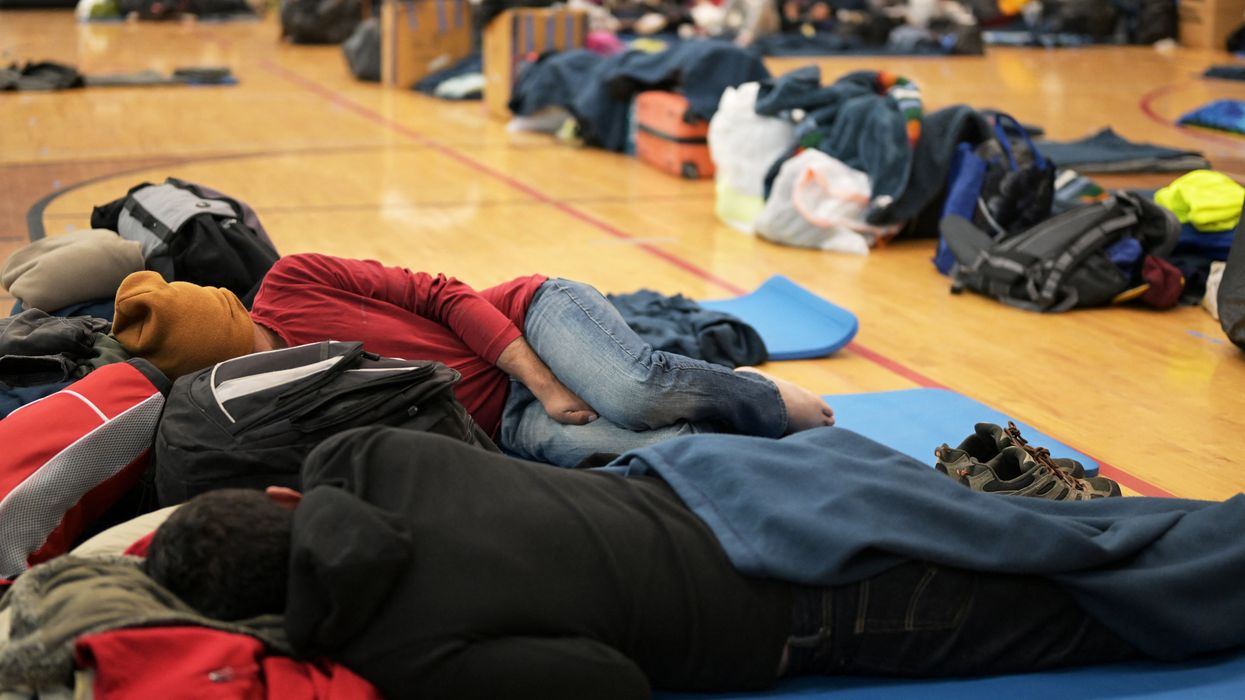GZERO North
The Captain Canuck effect: How a new nationalism is helping Canada
The United States and Canada have long prided themselves on sharing the world’s longest undefended border, a frontier routinely crossed by millions of people every year for work, visits with friends, shopping, or vacationing.
Apr 10, 2025
